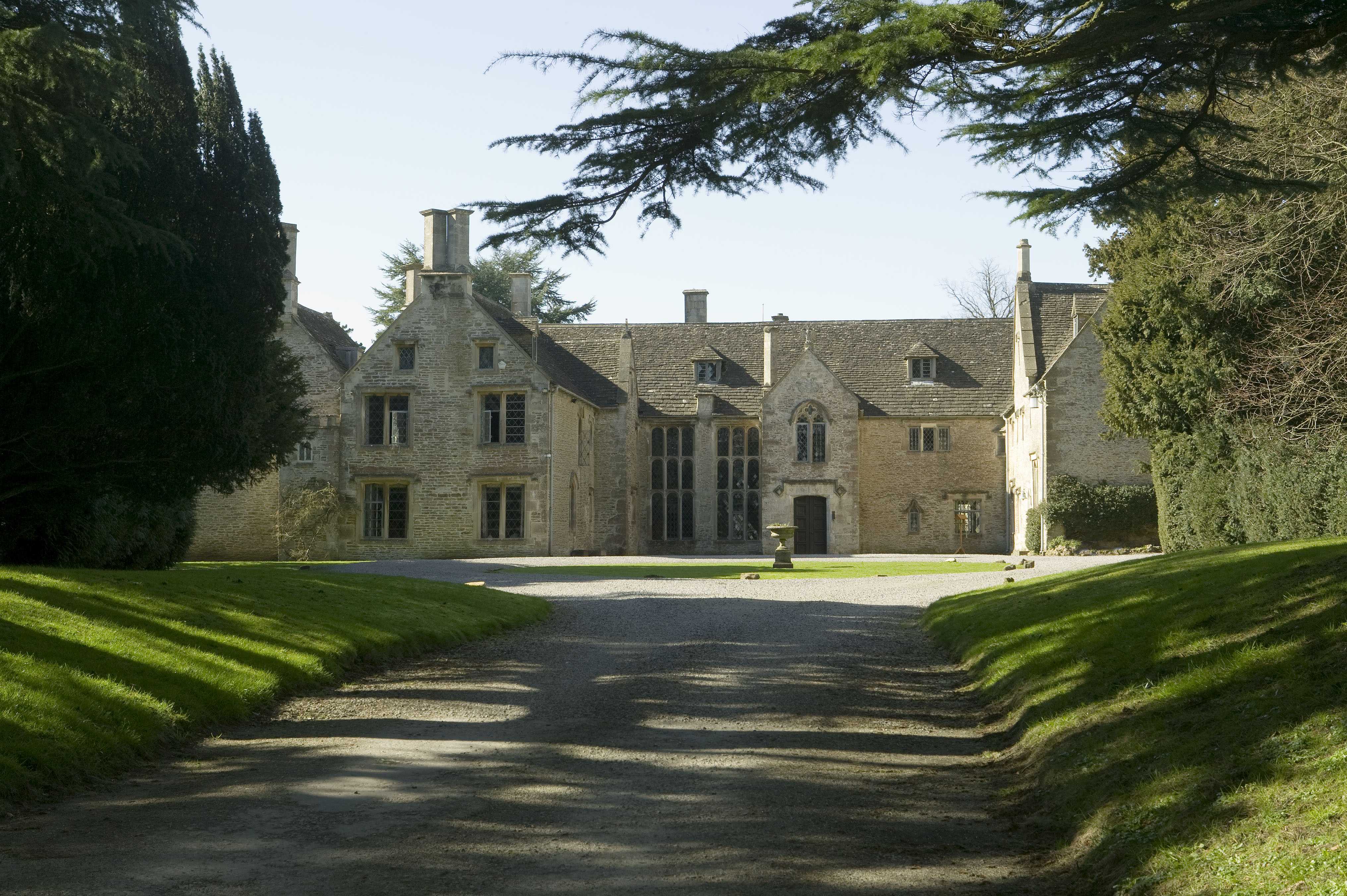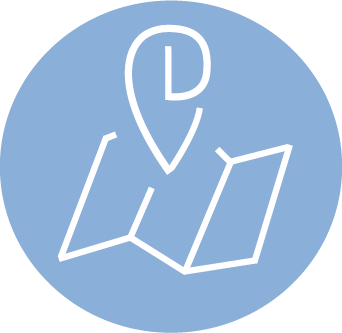Edward Stephens built Chavenage, an Elizabethan house in 1564. It was a key location during the English Civil War and has been owned by the Lowsley-Williams family since 1851.
Edward the Confessor’s sister, Princess Goda, was the first recorded owner of the land at Chavenage. The first buildings appeared there in the 14th century , including the medieval Cotswold Barn. The land was owned by the Crown for a while until 1564, when it was bought by Edward Stephens. When Edward Stephens bought the site he gutted the medieval building and rebuilt it in the classic Elizabethan style, using glass from the area’s redundant monasteries to fit the windows. Work finished on the house in 1576 and you’ll see a record of this in the date and initials carved just above the front door.
Edward’s grandson, Nathaniel Stephens, inherited the house and was a member of Cromwell’s parliament. He supported Cromwell’s plans for regicide but apparently felt remorseful later on in life. It’s said that when he died of remorse, people saw his ghost leaving the house accompanied by a coachman who looked like King Charles I. This ghost seemed to reappear every time the head of that family died.
In 1851, the Lowsley-Williams family took on ownership of the house. You’ll get to meet David Lowsley-Williams, the current owner, on a guided tour of the house and you’ll see the ornate tapestry-decorated room where Oliver Cromwell stayed in 1648. Look out, too, for the Oak Room with 16th century wood panelling, and several relics and weapons from the English Civil War. You might also recognise some parts of the house from the BBC television series Poldark, which was partly filmed here.

- Monday:
- Closed
- Tuesday:
- Closed
- Wednesday:
- Closed
- Thursday:
-
14:00 - 17:00
- Friday:
- Closed
- Saturday:
- Closed
- Sunday:
-
14:00 - 17:00
Opening Hours
Seasons
12 April 2020 - 13 April 2020Exceptional days
-
25 May 2020:
14:00 - 17:00
-
31 August 2020:
14:00 - 17:00
-
28 December 2020:
14:00 - 17:00




